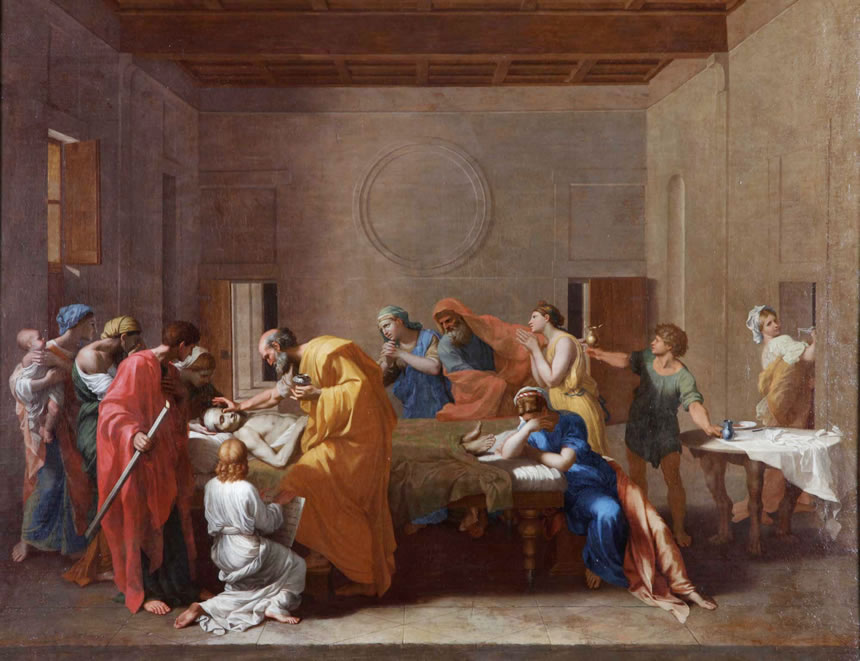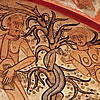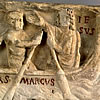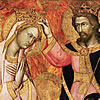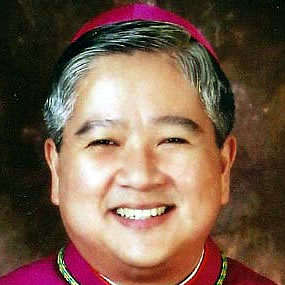The Sacraments are meant to make us more like Christ
The Catechism states that sacraments are “efficacious signs of grace, instituted by Christ and entrusted to the Church, by which divine life is dispensed to us.” (CCC §1131) It means that with the signs (of words, water, oil, bread, wine, etc.) grace is surely conferred to us. It also means that we are being given “divine life.”
What does this mean, and how do sacraments do it? The quick answer is sacraments configure us to Christ to make us more and more like him. For Catholics, perfection is measured by how much we resemble Christ who is our model. We acknowledge that human nature is far from perfect, but when grace acts upon it, we become more and more like God. When we resemble Christ, we even go so far as to say we share the “divine life” – the life of the Blessed Trinity. (CCC §1)
The sacraments of initiation: Baptism, Confirmation, and the Eucharist shape us into the image of Christ. When mankind was created, we were made in the image and likeness of God and given graces so that we in fact share in his divine nature. But we lost all that through original sin; we can say original sin disfigured us. So in Baptism, we are configured to Christ by dying and resurrecting with him. (CCC §1239) So like Christ, we will die but will resurrect at the end of time. (CCC §1038, 1214) In Confirmation, we are given the graces to do Christ’s work. It strengthens us and gives us the courage to tell the world about God even if it means persecution and death – the way Christ was persecuted and put to death. (CCC §1322) When we take Holy Communion our spiritual life is nourished with Christ himself and so we become like him – don’t we say we become what we eat? (CCC §1404)
Because of our weakened human nature, we may succumb to temptation and fall into a state of mortal sin. This disfigures us once again, and the “antidote” is the sacrament of Reconciliation, which reconfigures us back to Christ. (CCC §1460)
The next three sacraments depend on this image: Christ on the cross. In it, we understand that Christ loved his Church so much that he suffered and died for it.
When we are ill or physically weak from old age, the sacrament of Anointing of the Sick configures us so that, like Christ, we suffer for the love of the Church. The Passion and death of Jesus are meaningful because we know it has purchased for us eternal life. We are asked to do likewise by taking our suffering and participate in Christ’s and so contribute to the good of his Church. The sacrament gives us the will, courage, and strength to do just that, and by doing so, we resemble Christ. (CCC §1505, 1521)
The sacrament of Holy Orders configures bishops, priests, and deacons to be like Christ in his love for the Church. It also molds bishops and priests to be like Christ in his triple office of priest, prophet, and king; thus they offer the perfect sacrifice in the mass, they teach us infallibly (when bishops are in union with the pope), and they govern the visible hierarchy in the Church. (CCC §1581) Deacons, whose role is to help the bishops, are configured to Christ – the “servant of all” – in his spirit of service.(CCC §786, 1570)
The Church Fathers have seen that the blood and water from the opened side of Christ as the “source” of the Church, the way Eve came from the opened side of Adam. And just as Eve is the bride of Adam, so is the Church the Bride of Christ. (CCC §766) From this metaphor, we can say Christ died for his bride. So the sacrament of Holy Matrimony configures a bridegroom to be like Christ in his self-emptying for his bride and vice versa. (CCC §766, 1609, 1644)
If all these sacraments make us “other Christs” why aren’t all Catholics Christ-like? There is a difference between the use of the words “efficacious” and “effectiveness”. When a minister performs sacramental rites, his actions are efficacious in the sense that they are guaranteed to confer grace regardless of his holiness. (CCC §1128) While grace is always conferred via the sacraments, its desired results – its effectiveness – depends on the receiver. Grace is a gift (which comes from the word “gratis” that means “free”, thus it is a gift) and the only way a gift can be any good is if the receiver uses it correctly. So the effectiveness of grace depends on how we participate in it. A good analogy is medicine: it can heal us only when taken, and when taken correctly. So sacraments always dispense the medicine, but it is up to us to take it and use it appropriately.
We said perfection is a complete configuration of Christ. We know it is possible because we have Mary who we say is perfect because she is the realization of this conformity to Christ. (CCC §507, 966) We have the Saints in heaven who resemble him in how they lived their lives. So if configuration to Christ is our goal, we might ask at what point we are in this process. How much do we resemble Christ? What virtues do we need to strive for us to be more like Christ? What are the bad habits we have to shed to be more like him? It is impossible for us to do this alone, so we ask the Holy Spirit to help us in this endeavor. If we participate in the graces we ask for, we will notice ourselves becoming more kind, generous, gentle, loving, patient, good, peaceful, modest, truthful, faithful, joyful, and restrained – for these are the fruits of the Holy Spirit, and they are a reflection of Christ’s self-giving.

A Sky Full of Stars
Know Our Lady through her Titles in the Litany
The Church helps us understand who Mary is by honoring her with different titles in the Litany of the Blessed Virgin Mary. Unfortunately, over time and difference of culture, we might not grasp what it is the Church is ascribing to her and lose that opportinity to get to know her.
In A Sky Full of Stars, each title of the Litany is explained so we get know Mary more and fall in love with her all over again.
Get your copy now either in Hardbound, Paperback, or Kindle

100 Things Every Catholic Should Know
Whether or not you are new to the Catholic Church, or struggling, or lapsed, or dynamically involved, this book will enlighten you with the essentials of the Faith that have been handed down to us by the apostles.
Each of the 100 topics is easy to read and distilled into bite-sized portions. Through cross-referencing, the book also shows how the topics are interrelated. Those who are new to the Faith will find this book an edifying handy reference, and those who have simply forgotten will find it a great review material that might spark a new love for God and religion.
Get your copy now either in Hardbound, Paperback, or Kindle
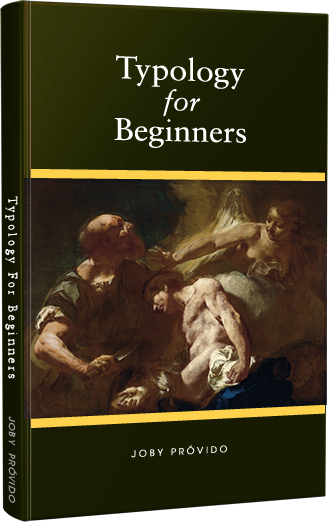
Typology for Beginners
A Catholic Perspective on understanding the New Testament through the Old Testament
First-century Jews converted to Christianity in droves because of the way the New Testament was written to show Jesus was the Messiah promised by the Old Testament. We also learn about how Mary is the New Eve and the Ark of the Covenant in the way the writers portray her.
Through typology, the patterns that connect the Old and New Testaments make the Bible stories more accessible so that one becomes excited to read Sacred Scripture again.
Get your copy now either in Hardbound, Paperback, or Kindle
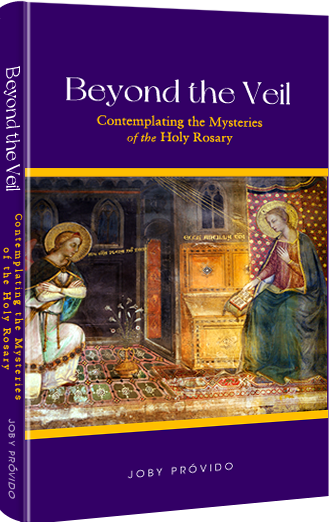
Beyond the Veil
Contemplating the Mysteries of the Holy Rosary
Prayer giants like Pope St. John Paul II, Pope Paul VI, Bl. Archbishop Fulton Sheen, and Bishop Robert Baron advocate that we contemplate on the mysteries of the rosary while we say the vocal prayers. Unfortunately, there are not many books that teach us how to do this. Beyond the Veil comes to the rescue by suggesting seven ways we can pray the rosary the way it was intended.
The larger part of the book offers mental images for each of the mysteries we can use in our contemplation, for how can we imagine the scenes in the rosary if we don't know about them?
Get your copy now either in Hardbound, Paperback, or Kindle


